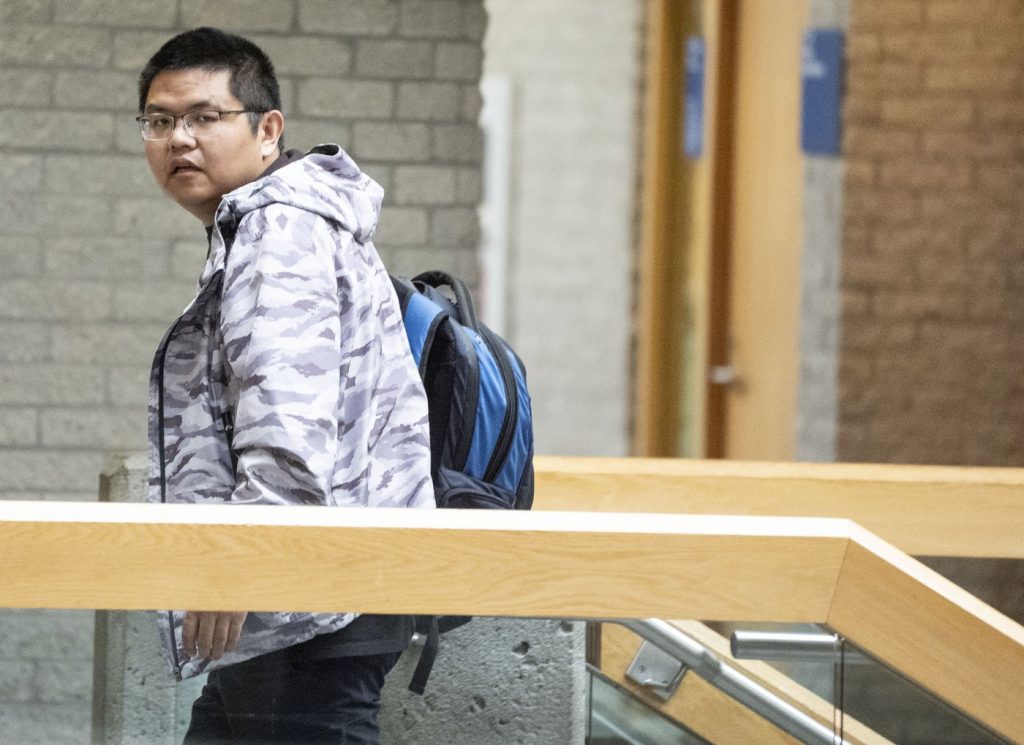A former researcher associated with Hydro-Québec, Yuesheng Wang, is currently on trial in Longueuil, Quebec, facing serious charges of espionage. The case revolves around allegations that Wang disclosed confidential research pertaining to battery technologies to Chinese entities, which the Crown argues is a case of economic espionage under Canada’s Security of Information Act.
Wang, 38, has pleaded not guilty to the charges against him. He maintains that the information he allegedly shared is not classified but rather open source material, originating from his extensive academic background in researching sodium-ion batteries prior to his relocation to Quebec. His defense hinges on this argument, asserting that his actions do not constitute espionage but are reflective of his academic work.
The trial has drawn significant attention, as it touches on broader themes of national security and economic competition between Canada and China. Wang's case is emblematic of ongoing concerns regarding the potential for foreign interference and the safeguarding of intellectual property in sensitive technological fields, particularly in the context of battery technology, which is crucial for sustainable energy solutions.
The prosecution's case, which was presented before Wang took the stand, includes multiple charges filed against him in 2022 and 2024 under the Criminal Code, in addition to the main accusation of economic espionage. Ongoing deliberations in the Quebec court, presided over by Judge Jean-Philippe Marcoux, underscore the legal complexities surrounding issues of classified information and research dissemination in today's globalized world.
Following the Crown's closing statements on Monday, Wang began his testimony. His statements are anticipated to play a pivotal role in shaping the narrative of the trial, as they may provide insights into both his motivations and the nature of the information shared. The outcome of this case could have significant ramifications, not just for Wang personally, but also for how Canada approaches similar cases in the future.
This trial is set against a backdrop of heightened scrutiny over foreign investments and collaborations in Canada’s technology sectors, particularly those involving research institutions and utilities. As the case unfolds, it highlights the tension between encouraging innovation and protecting proprietary research.
The proceedings have been closely followed by both the public and media, emphasizing the importance of transparency in legal matters that involve issues of national security and economic integrity. As Yuesheng Wang continues to testify, the long-term implications for Canadian policy and international relations will be carefully examined.











